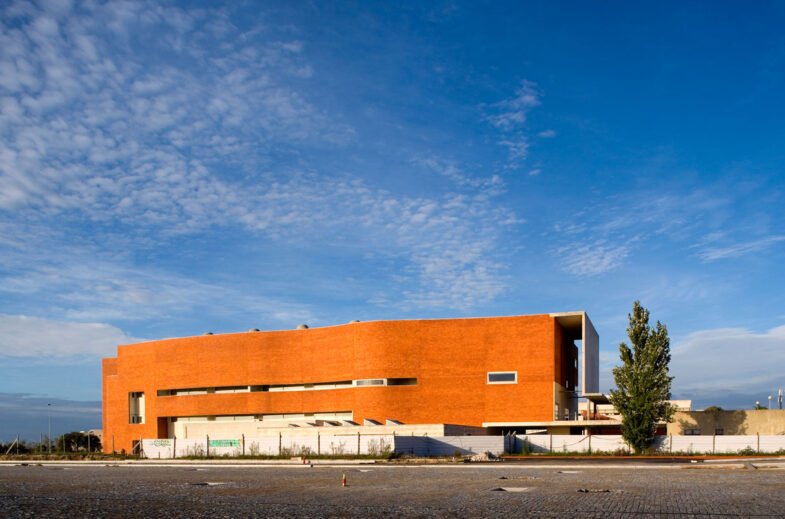Three long-standing research partnerships between the government of Portugal and prestigious US universities are in jeopardy due to worries that the costs outweigh the gains.

Three long-standing research partnerships between the government of Portugal and prestigious US universities are in jeopardy due to worries that the costs outweigh the gains.
The research partnerships, which have been in place since 2006, were asked to be suspended by the leaders of Portugal’s universities last month until a review determined whether they should continue in their current form. Some scientists are worried about the program’s future as a result of the request.
Marco Bravo, executive director of the University of Texas (UT) at Austin Portugal Program, expresses his concern for the nation. Bravo, a Portuguese electronic engineer based in the US, claims that these collaborations significantly contribute to the transformation and internationalisation of Portuguese science and innovation.
The Foundation for Science and Technology, Portugal’s national science agency, established the programme to support research and provide scientists with resources they lacked at home.
It makes it possible for researchers and Ph.D. candidates to submit funding requests for projects they are working on with faculty from the United States at Carnegie Mellon University, the Massachusetts Institute of Technology, and UT. Additionally, the programme funds an incubator for startups in the scientific field and features faculty exchanges.
The Portuguese government has committed €309 million to partnerships that have supported 2000 graduate students, 300 research initiatives, and 300 start-up companies, including two “unicorn” businesses with a combined value of over $1 billion.
The program’s expensive cost and requirement for renewal every five years have drawn criticism from Portugal’s academic leadership. The programme has been delayed by the Council of Rectors of Portuguese Universities (CRUP) until a cost-benefit analysis and better monitoring systems are in place. António Sousa Pereira, the president of the council, thinks it has to do with morals and how taxpayer money is spent.
The council’s main complaint is that top American universities receive excessive funding at a time when science funding in Portugal as a whole is declining and universities are struggling to cope with the effects of inflation.
Additionally, CRUP contends that the programmes’ focus areas are too constrained and that an excessive amount of engineering is placed on them, which only benefits a small number of researchers in Portugal. They want to see more universities and researchers receive government funding for science.
Many of CRUP’s assertions are disputed by the three partnerships’ leaders. According to Pedro Arezes, director of the MIT Portugal Program, only about half of the funding is allocated to American universities, with the majority going to faculty who will be supervising the students.
The remainder, according to him, is allocated to research initiatives, workshops, and student funding. “Our external review committees are monitoring all of our activities, so it is a little frustrating for us to have the Portuguese rectors saying things that are not entirely accurate.”
Arezes emphasises that any researcher in Portugal is eligible to submit a funding request. Additionally, he claims that limiting projects to the particular fields of study designated by Portugal’s science foundation ensures that they have a positive impact on society and the economy.
Leaders of the programme are confident that a thorough cost-benefit analysis will demonstrate a positive return on investment.
However, they are concerned about the possible effects on administrative personnel and Ph.D. students who were awarded grants for one year to conduct research in the United States. Project interruptions could slow down research, add to delays, and prevent the sharing of resources and expertise that fosters innovation.
According to Eduardo Pereira, a structural engineer at the University of Minho, cost-benefit analysis may be a step towards ending partnerships, but cutting funding may harm Portugal’s scientific output.
Pereira is wrapping up a three-year MIT Portugal project that uses submarine telecommunication cables to collect information on seismic activity and ocean health. It would be challenging to secure funding for expensive deep ocean research without the program’s assistance.
According to Rui Oliveira, co-director of the UT Austin Portugal Program, even if the three partnerships were terminated, it’s unlikely that the funding would be redirected towards the national science programme as some critics hope. This is partially due to the fact that “this money didn’t come from the usual [science] budget, this was on top of it,” he claims.
The Portuguese government’s intended response to CRUP’s request is unknown. Fortunato didn’t respond to messages or phone calls requesting comment.
